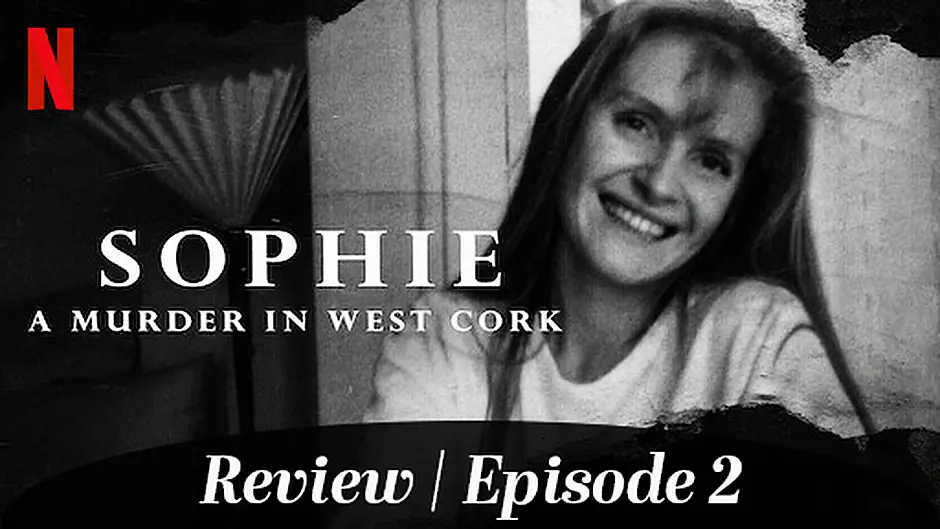It's a story that doesn't seem to stop.
The murder of Sophie Toscan Du Plantier has spawned podcasts, documentaries and hundreds, if not thousands, of articles - all focused on trying to figure out what happened on the night of the 23rd of December 1996.
We have covered the story from all angles - reporting on latest events and even reviewing the original West Cork podcast.
With the news this year that gardaí are launching a full review of the investigation that took place all those years ago, we decided to take a look at the two documentaries that, along with the podcast, brought the story to international attention.
Our review of episode one can be found here.
We continue with Sophie: A Murder in West Cork - Episode Two
The Suspect
Episode two starts pretty much exactly where the first left off - with Ian Bailey.
The main suspect in the case, Bailey is interviewed here about the time of the murder - although it is important to note that he was found to be not guilty of the crime in the Irish courts.
It's also important to note that he was found guilty in absentia in French courts in 2019.
Turns out there are a lot of important things to note.
Like how Sophie had asked practically everyone she knew to come with her to Ireland.
Or how a clairvoyant told Sophie's friend she would have a violent death just months before it happened.
Or how the West Cork gardaí - dealing with a murder for the first time - started 'acting like the Blues Brothers' during their investigation.
It's that final point which feels most relevant, and is one which conversations around the case will always come back to - the fact that the investigation into the murder was amateurish.
The episode lives up to its title throughout by focusing Ian Bailey's backstory and how he got into journalism after reading All The President's Men.
One can only wonder how much Bernstein and Woodward have to answer for.
We also get local opinions of his reporting of the case in various newspapers.
'I stopped reading it because it was just nonsense,' says Schull resident Peter Bielecki.
Interviews with Bailey make for compelling viewing, but this is where true crime documentaries get awkward.
Having such good access to a character like Bailey makes for great television, and the episode is nothing if not imminently watchable.
As we take a leisurely walk around his garden, looking at his plants and the cows that provide the milk for bread and butter puddings, you realise that you're watching a documentary like few others, which has such intimate interviews with people as close as possible to the case.
But you feel close to the case too.
I'm not a West Cork local, although I am from the county, and you empathise more with Sophie and her family than in other true crime stories because as a viewer, you feel involved in some strange way.
Again - even in an episode mainly dedicated to revealing as much as possible about 'The Suspect' - you leave feeling the full impact of the grief and pain felt by Sophie's family.
The filmmakers expertly structure the story for maximum impact.
They build up to the close of the episode with compelling interviews from Bailey denying any and all involvement in the murder before revealing, through Peter Bielecki that 'he told people he'd done it.'
And you're hooked for the finale.






